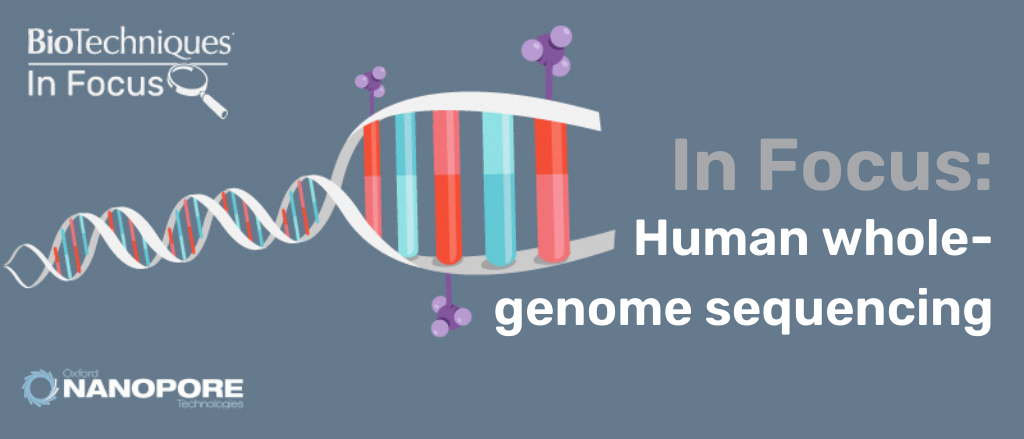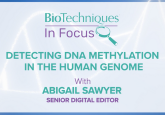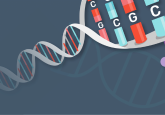Human whole-genome sequencing

The rise of whole-genome sequencing over the last decade, and its subsequent increase in prevalence throughout basic and clinical research, has been well documented. Frequently, the advances in speed and the decrease in cost take the headlines as the greatest developments facilitating this spread. While these aspects have played a huge role in making the technology more accessible, making developments in precision medicine and diagnostics more realizable, a few key advances to the technique are often overlooked.
Alongside the plummeting price of sequencing and accelerating speeds, the length of sequencing reads has stretched dramatically; there is now the potential to detect and sequence complex structural variants; plus, epigenetic alterations can also now be analyzed. The combination of these advances have led to the creation of more accurate, comprehensive genomic sequencing that allows for the preservation and identification of structural variants, SNPs and epigenetic changes.
This In Focus will explore:
- Comparison of traditional and novel sequencing methods
- Intact detection of DNA methylation
- Insights gained from epigenetic investigations



